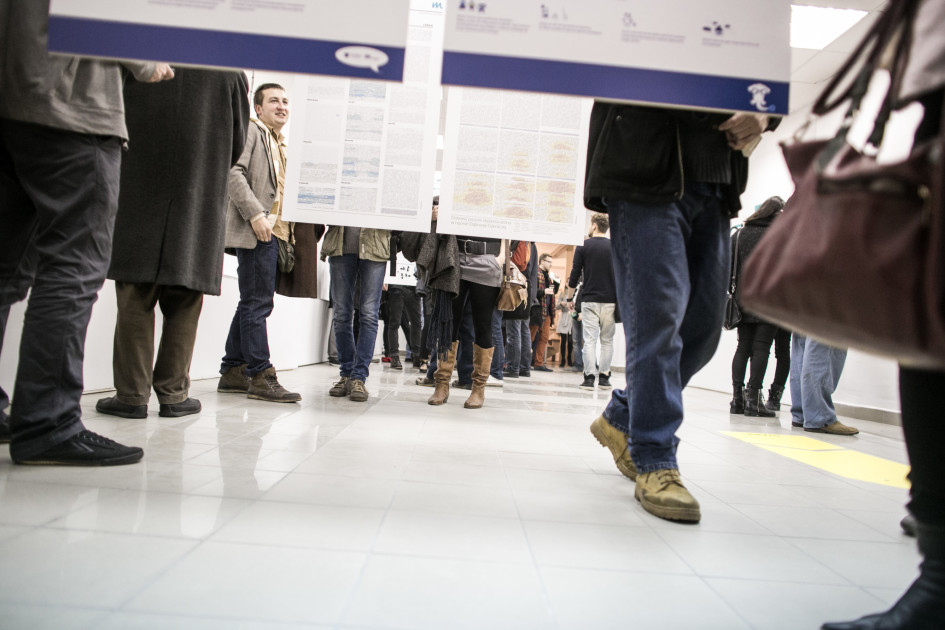CityLab is not your usual conference, congress, festival or seminar. We are not planning an urban revolution, nor are we trying to create a digital city of the future. On the other hand, CityLab is a node in a complex network of people, narratives and institutions that create the culture of the place, a temporary space where people from different backgrounds meet to work together on new ideas and alternatives for the city. It is an unobvious urban laboratory in which we test both minor improvements, as well as potential trends and scenarios for the development of the city, regardless of how surprising or even incredible they may seem at first glance.
New media are changing the way we perceive and navigate the urban space, enriching it with additional layers of daily routine information, such as maps, timetables, social mechanisms of recommendation, etc. They allow users to create new meanings and take action in favour of the city, forming the seeds of a networked public sphere. These technologies are also becoming new research tools that offer hope for a better understanding of the processes taking place in the city.
Here at Medialab Katowice we use these opportunities to create alternative narratives about the city. By using a variety of media and unconventional storytelling approaches, we explore the sound space, become inspired by urban typography and use data visualization to discover previously overlooked relationships and nuances. Our theoretical knowledge about the city and the media is thus verified against practical implementations bordering on art and design. The program is dominated by multi-disciplinary workshops and workgroups performing tasks under the supervision of authorities from various fields. We pay close attention to our operating methods in an attempt to find a balance between grassroots models and expert-based work styles.
CityLab provides an opportunity to critically analyse grassroots methods of obtaining information and data management tools.
We are interested in local design heritage inspirations and creative attempts to combine tradition with new media. We demonstrate, among other things, how to use open source sensors in the city, obtain online information on it and then visualise in in real time. We consider the potential of these practices and technologies for use by urban activists and NGOs. We also refer to speculative design methods of design, which not only help solve the existing problems, but also provide a tool to design change and determine new directions of city development.
We are also searching for new forms of participation and embark on a discussion of the sparse Polish initiatives to promote open data access. The latter is used as an opportunity to present the Daniel Directory, a data access concept created during Katowice’s edition of the Open Data Day. We also take a critical look at the concept of smart cities, asking whether they can be used not only to efficiently manage their resources, but also to promote grassroots initiatives of their residents and urban explorers.
We are presenting Medialab projects delivered in 2013, including acoustic environment studies, typefaces designed specifically for Katowice, innovative ways of presenting unemployment data or a prototype of an SMS-based information system on air quality in the city.
In addition, CityLab serves as an opportunity to launch Medialab Katowice’s new research project entitled Modern City in the Making. Katowice 1865–2015. This venture, consisting of a series of seminars, workshops and workgroups is an attempt to reinterpret and adapt the visual language of Isotype to the digital media environment and provide an attractive way to present some of the key events in the history of Katowice’s dynamic growth.
